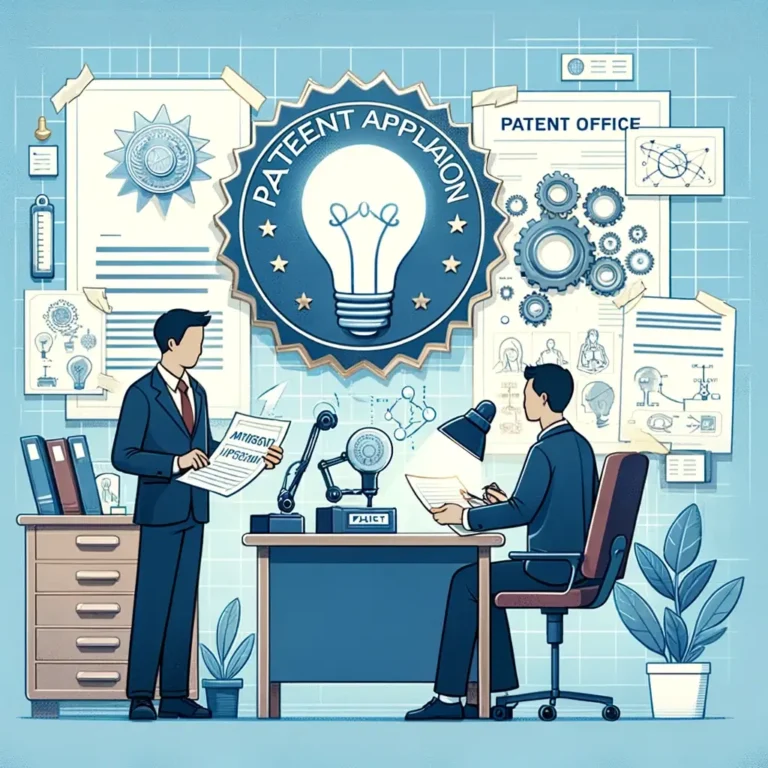This article will explain you the legal implications of signing a non-disclosure agreement
Introduction to Non-Disclosure Agreements
A Non-Disclosure Agreement (NDA), often known as a confidentiality agreement, is a legal contract between two or more parties. It promises to keep certain shared information secret. In India, like in many countries, NDAs play a crucial role in business, protecting sensitive information such as trade secrets, new ideas, or business strategies.
Explaining the legal implications of signing a non-disclosure agreement
What Constitutes an NDA in India?
In India, an NDA must have specific elements to be valid:
- Parties involved: Clearly identifies who is sharing and receiving the information.
- Definition of Confidential Information: Specifies what information is protected.
- Purpose of Disclosure: Explains why the information is being shared.
- Duration: States how long the information must remain confidential.
- Exclusions: Information not covered by the agreement, such as publicly known information or previously known information.
Legal Framework
Indian law, particularly the Indian Contract Act of 1872, governs NDAs. For an NDA to be enforceable, it must meet the act’s requirements for a valid contract: offer, acceptance, lawful consideration, competent parties, and a lawful object.
The Implications of Signing an NDA
Protecting Business Interests
NDAs are tools for businesses to protect their innovative ideas and sensitive information from competitors. By signing an NDA, parties agree not to disclose or misuse the confidential information.
Legal Consequences of Breach
If someone breaks an NDA, the party that shared the information can take legal action. This might include suing for damages or seeking an injunction to stop further disclosure. The Indian courts can enforce these agreements, provided they meet the legal requirements.
Personal Responsibility
Signing an NDA puts a personal obligation on you to keep certain information secret. It’s vital to understand what you’re agreeing to and ensure you can comply with the terms.
Best Practices Before Signing an NDA
Read Carefully
Always read the entire agreement to understand the scope of what’s considered confidential, the duration of the obligation, and any other rights or duties.
Seek Clarification
If anything is unclear, ask for clarification or seek legal advice. It’s essential to fully understand your commitments.
Negotiate Terms
If certain terms seem too broad or the duration too long, you can try to negotiate a more balanced agreement.
Conclusion: The Importance of NDAs in Protecting Information
NDAs are a vital part of the business landscape in India, offering a way to securely share valuable information while mitigating the risk of leaks. Before signing an NDA, it’s crucial to understand its terms, the legal implications, and your ability to comply. By doing so, you contribute to a trustworthy business environment and protect both your interests and those of the parties involved.
FAQs on Non-Disclosure Agreements (NDAs) in India
1. What is a Non-Disclosure Agreement (NDA)?
An NDA is a legal contract that requires parties to keep certain shared information confidential.
2. Why are NDAs important in business?
NDAs protect sensitive information like trade secrets, business strategies, and innovative ideas from being disclosed or misused.
3. Under which Indian law are NDAs governed?
NDAs in India are governed by the Indian Contract Act, 1872.
4. What must an NDA include to be valid in India?
It should include parties involved, definition of confidential information, purpose of disclosure, duration, and exclusions.
5. Can an NDA cover publicly known information?
No, NDAs typically exclude publicly known information from their scope of protection.
6. What happens if someone breaks an NDA?
The non-breaching party can take legal action, seeking damages or an injunction against further disclosure.
7. Is it possible to negotiate the terms of an NDA?
Yes, parties can negotiate terms to reach a fair and balanced agreement.
8. Do NDAs expire?
Yes, NDAs usually have a specified duration after which the obligation to maintain confidentiality ends.
9. Can I refuse to sign an NDA?
Yes, but refusing might limit your ability to participate in certain business dealings or access specific information.
10. Are oral NDAs enforceable in India?
While oral contracts can be enforceable, it is difficult to prove their terms, so written NDAs are preferred.
11. What should I do before signing an NDA?
Read it carefully, seek clarification on unclear terms, and consider legal advice.
12. Can an NDA be unilateral?
Yes, NDAs can be unilateral (binding one party) or mutual (binding all parties).
13. What constitutes a breach of an NDA?
Disclosing or misusing confidential information in violation of the agreement’s terms is a breach.
14. How specific should the definition of confidential information be?
It should be as specific as possible to avoid ambiguity and ensure clear protection.
15. Are NDAs enforceable against employees in India?
Yes, employees can be bound by NDAs as part of their employment contracts.
16. What is considered lawful consideration in an NDA?
Lawful consideration can be anything of value exchanged between the parties, like access to confidential information.
17. Can freelancers be asked to sign NDAs?
Yes, freelancers often sign NDAs to protect client information during projects.
18. What are the remedies for an NDA breach?
Remedies can include monetary damages, an injunction to prevent further breaches, or both.
19. Do NDAs prevent me from working in my field?
Not generally, but NDAs should not include overly broad or indefinite non-compete clauses.
20. Can NDAs cover personal information?
Yes, NDAs can protect personal or private information shared in a professional context.
21. Are NDAs used in mergers and acquisitions?
Yes, NDAs are commonly used to protect sensitive business information during M&A discussions.
22. What is an exclusion clause in an NDA?
An exclusion clause specifies information not covered by the NDA, like knowledge already in the public domain.
23. Can an NDA be modified after signing?
Yes, but any modifications must be agreed upon by all parties in writing.
24. How long do NDAs typically last?
The duration can vary, often ranging from a few years to indefinitely for trade secrets.
25. Are digital signatures on NDAs legally valid in India?
Yes, digital signatures are recognized and legally valid under Indian law.
26. What should I not disclose under an NDA?
Any information defined as confidential in the agreement should not be disclosed.
27. Can I share confidential information with colleagues?
Only if they are also bound by the NDA or have a legitimate need to know.
28. Is a breach of an NDA a criminal offense?
Typically, NDA breaches are civil matters, but certain disclosures could also trigger criminal liabilities.
29. How can I prove a breach of an NDA?
Evidence can include emails, documents, witness testimony, and other records showing unauthorized disclosure.
30. Are NDAs common in all industries?
While more prevalent in tech, finance, and R&D, NDAs are used across various industries to protect sensitive information.
















